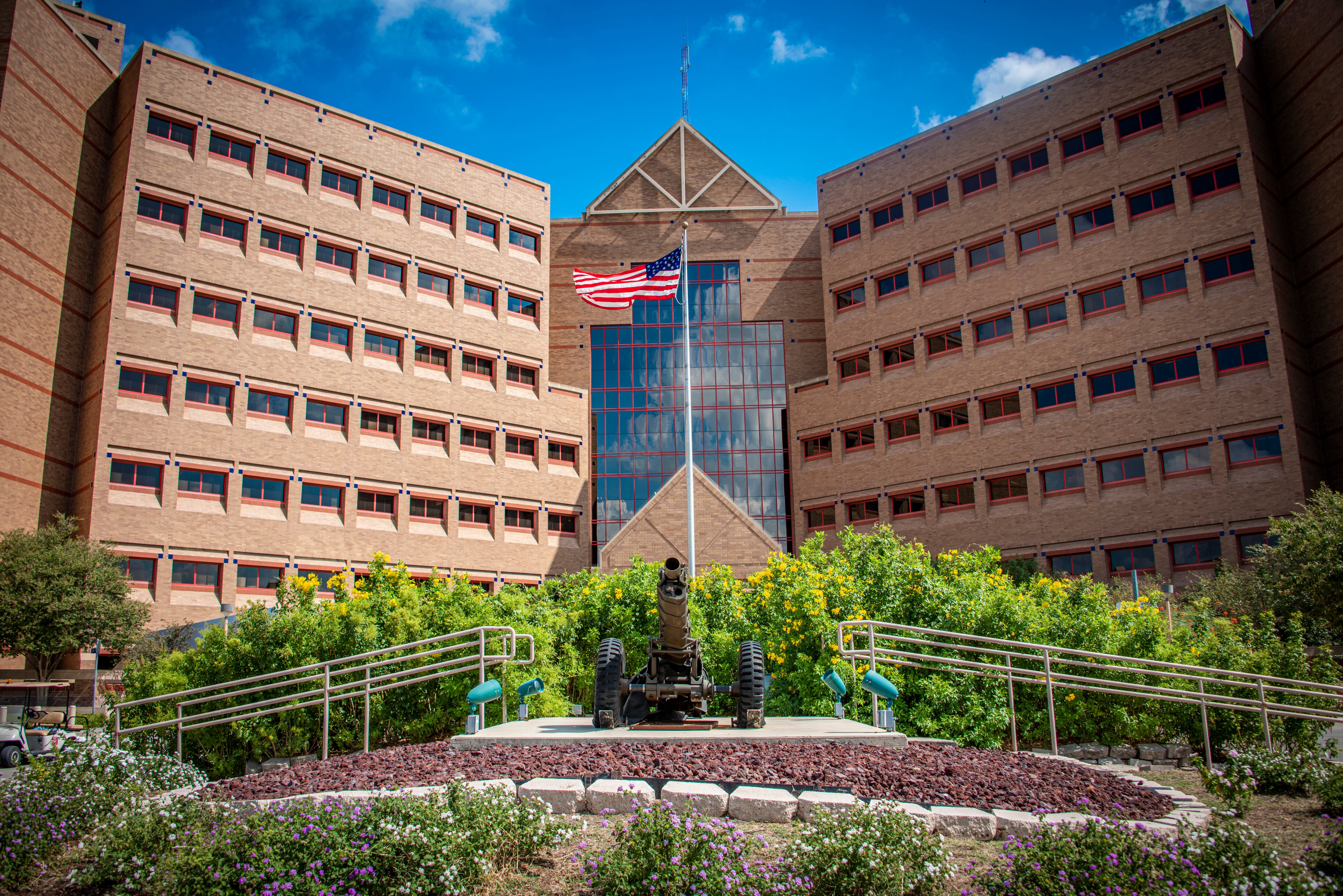Leaders at Joint Base San Antonio, in Texas, are moving about 150 personnel from the base’s Liberty Barracks after legionella, a bacteria known to cause a serious type of pneumonia called Legionnaire’s Disease, was discovered in the water system, according to a statement from the base.
The service members at Liberty Barracks are all temporary residents undergoing treatment at Brooke Army Medical Center. Each service member is being moved to different dorms and barracks based on their individual needs. Meanwhile, Liberty Barracks will undergo a process called “super-chlorination,” according to the statement.
After 72 hours, the water will be tested again to look for legionella or residual chlorine in the plumbing system. There have been no known cases of Legionnaire’s Disease or other legionella-based infections among residents or staff at Liberty Barracks, according to the statement.
Just last year, Liberty Barracks, which houses wounded and injured service members as they receive treatment, was evacuated due to legionella found in the plumbing. The building has gone through the process of super-chlorination and regular testing since then.
Liberty Barracks, a 216,000-square-foot facility, is capable of housing 360 service members.
“As of the last few months, we have been fortunate to have significantly fewer service members needing the care that Liberty Barracks was designed to support,” Brig. Gen. Russell Driggers, the Joint Base San Antonio and 502d Air Base Wing commander, said in the statement.
“A significant portion of the facility, therefore, has been unoccupied. Water in the plumbing for these unoccupied rooms can sit stagnant, providing a breeding ground for bacteria like legionella,” Driggers added.
According to the Center for Disease Control and Prevention, legionella can be found in fresh water environments, such as lakes and streams. The bacteria presents a problem, however, when it spreads into human-made water systems, causing Legionnaires Disease.
Zamone “Z” Perez is a reporter at Military Times. He previously worked at Foreign Policy and Ufahamu Africa. He is a graduate of Northwestern University, where he researched international ethics and atrocity prevention in his thesis. He can be found on Twitter @zamoneperez.




